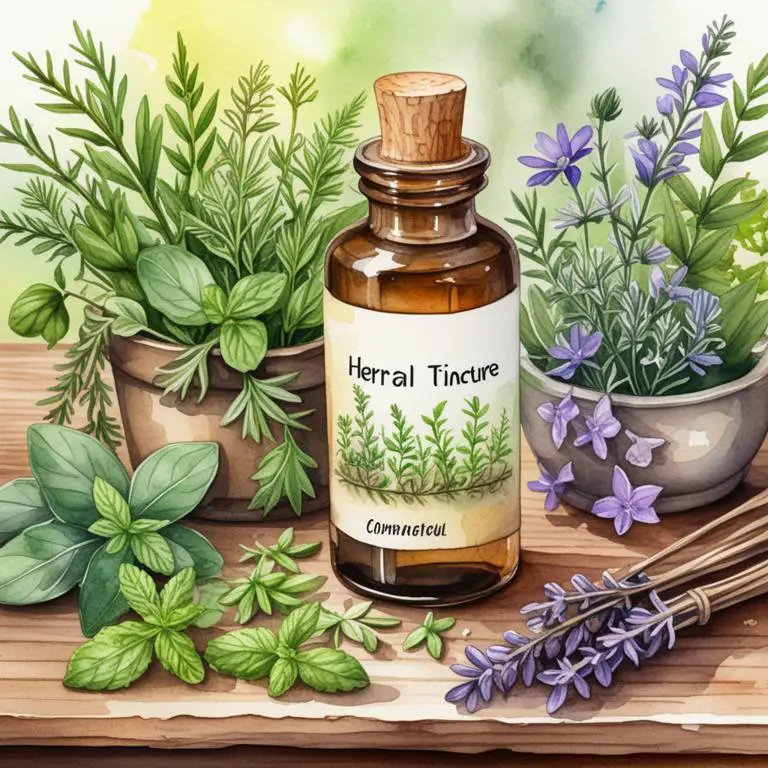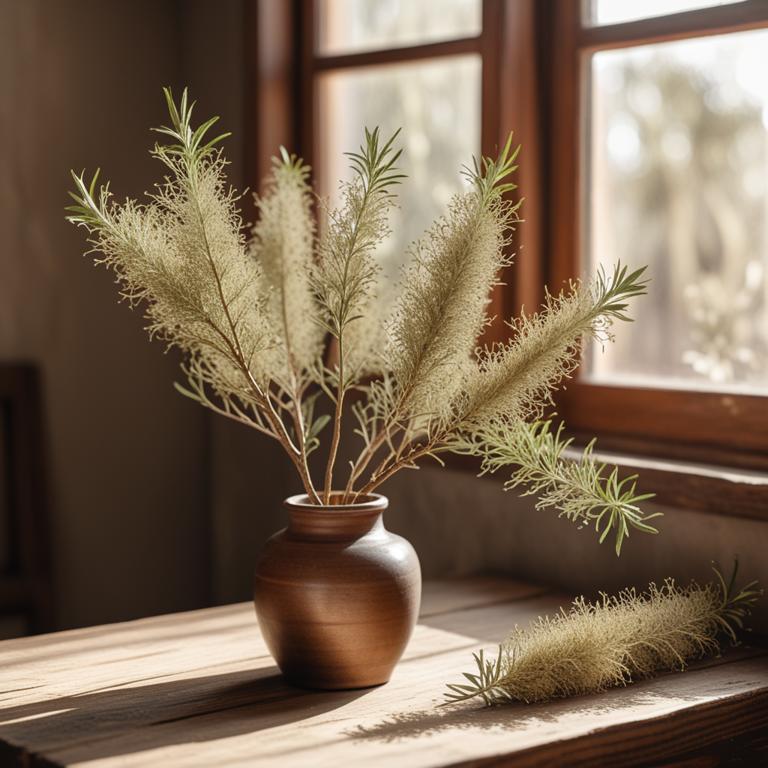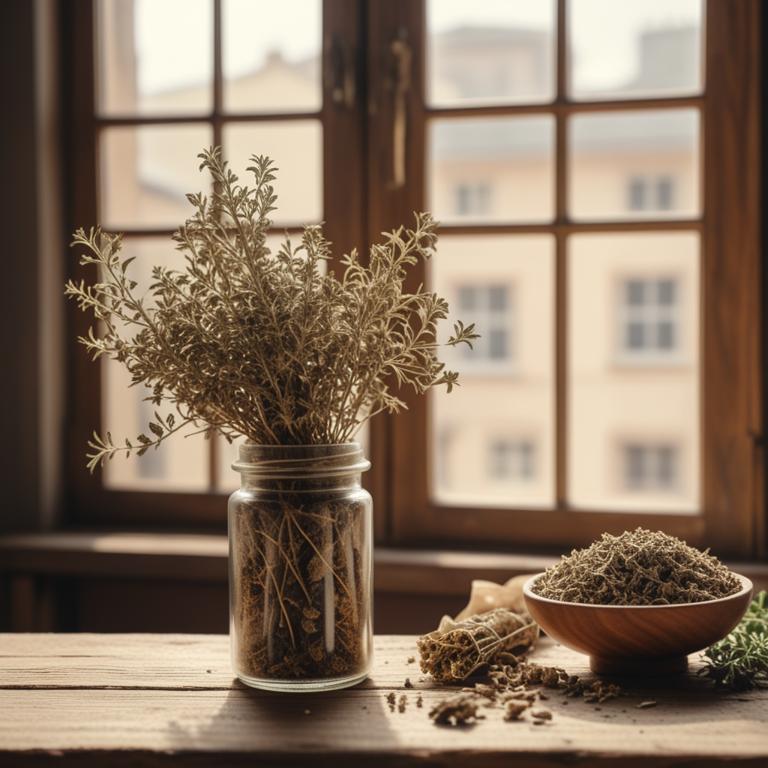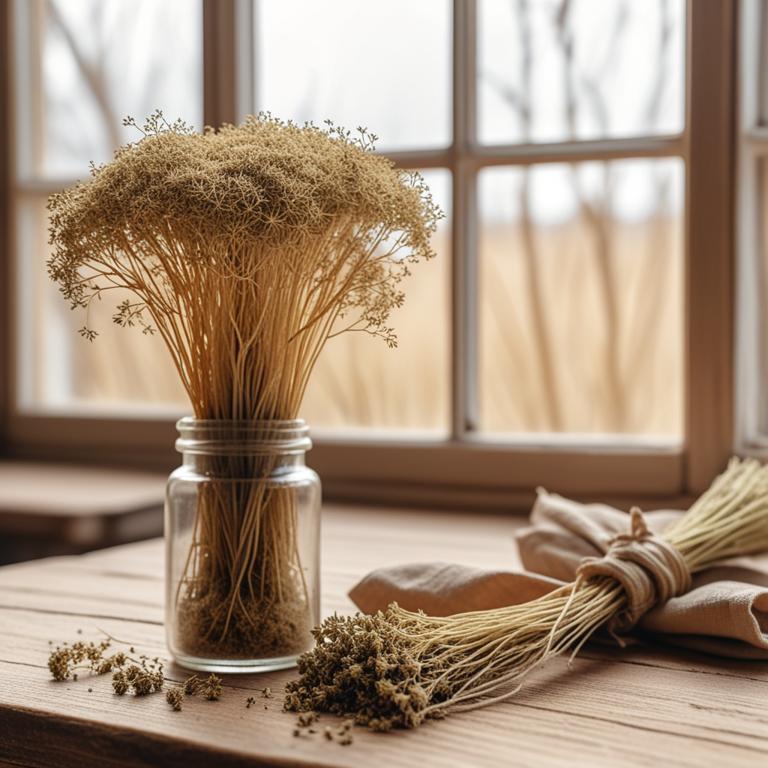Updated: Dec 1, 2024
Gerd: Understanding the Causes and Benefits of Herbal Remedies
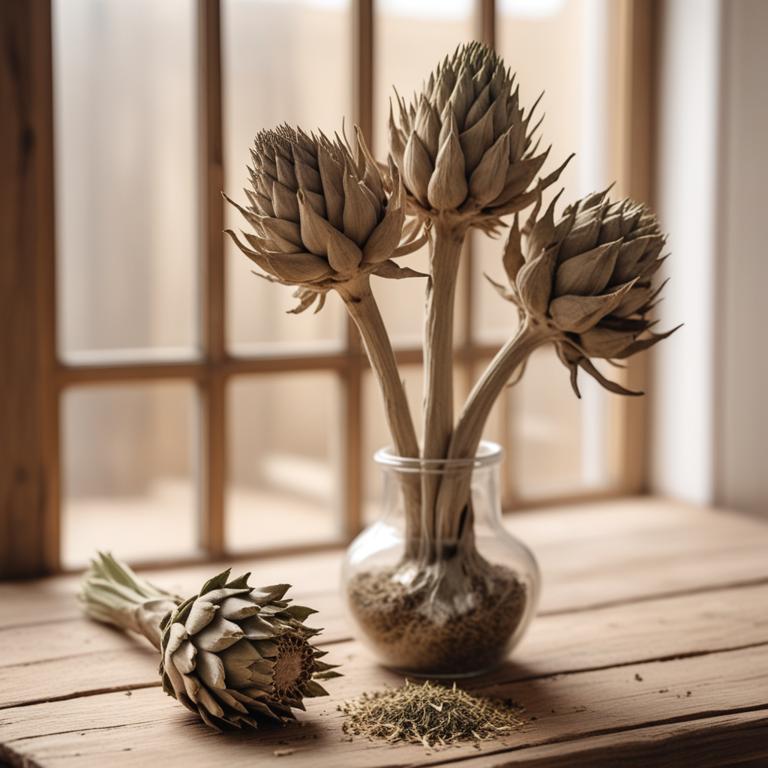
GERD, or Gastroesophageal Reflux Disease, is a common condition where stomach acid flows back up into the esophagus, causing heartburn, discomfort, and difficulty swallowing.
It can disrupt daily life, making it painful to eat and sleep. The causes of GERD are often linked to eating habits, such as consuming spicy or fatty foods, and lifestyle factors, including obesity and stress. To alleviate GERD symptoms, herbal remedies offer a natural approach. Herbs like ginger, licorice root, and slippery elm have anti-inflammatory properties that can soothe the digestive tract.
Ginger, in particular, has been shown to reduce inflammation and ease digestive discomfort. Licorice root can help protect the mucous membranes in the esophagus, while slippery elm forms a protective barrier to prevent acid from flowing back up. To use these herbs, you can try making teas or infusions. Steep dried ginger or licorice root in hot water for 5-10 minutes to create a soothing drink. You can also take slippery elm capsules or powder as directed.
Some herbal teas, like peppermint and chamomile, can also help calm the digestive system and reduce stress.
Table of Contents
What are the contributing factors to GERD?
The main causes of Gerd are several factors that can put pressure on the stomach, causing acid to flow back up into the esophagus.
Hypertension, or high blood pressure, can be a cause because it can lead to an increase in blood pressure in the stomach, making it harder for food to move through the digestive system and increasing the risk of acid reflux. Smoking is another cause because it can relax the muscles in the esophagus, allowing stomach acid to flow back up more easily. Obesity is also a major contributor because excess weight can put pressure on the stomach, causing acid to flow back up into the esophagus.
A hiatal hernia, where part of the stomach bulges up into the chest through an opening in the diaphragm, is another cause of Gerd because it can put pressure on the lower esophageal sphincter, making it harder for food to stay in the stomach and allowing acid to flow back up into the esophagus.
What benefits can be expected from using herbs for GERD symptoms?
Using herbs to manage GERD can be very helpful.
One of the main benefits is that they can help reduce the amount of acid in the stomach, which can ease symptoms like heartburn and discomfort after eating. These herbs can also help relax the muscles in the esophagus, which can help prevent stomach acid from flowing back up into the throat.
Additionally, some herbs have anti-inflammatory properties, which can help reduce swelling and irritation in the esophagus and stomach. This can make it easier to swallow food and reduce the risk of complications like scarring and narrowing of the esophagus.
Some herbs may also help improve digestion and reduce bloating, which can make it easier to manage GERD symptoms.
What medicinal herbs are used to alleviate GERD?

When it comes to managing GERD, many people turn to herbal remedies to find relief.
One herb that's often recommended is ginger (Zingiber officinale), which has natural anti-inflammatory properties that can help soothe the stomach and reduce inflammation. This can provide quick relief from heartburn and acid reflux symptoms. Licorice root (Glycyrrhiza glabra) is another herb that's been used for centuries to calm the digestive system and reduce inflammation. It works by increasing the mucus in the stomach, which helps to protect it from acid.
Fennel (Foeniculum vulgare) is a natural antacid that can help neutralize stomach acid and reduce symptoms of heartburn and acid reflux. Its essential oils also have a calming effect on the digestive system, which can help to prevent symptoms from flaring up. Cinnamon (Cinnamomum verum) has natural warming properties that can help to stimulate digestion and reduce nausea. It's also been shown to have anti-inflammatory properties, which can help to reduce inflammation in the stomach. Finally, black pepper (Piper nigrum) contains a compound called piperine, which has natural anti-inflammatory properties that can help to reduce inflammation and relieve symptoms of GERD.
When used together or separately, these herbs can provide a natural and effective way to manage GERD symptoms and promote overall digestive health.
What are the best herbal remedies for preventing gerd episodes?

When it comes to managing GERD, herbal preparations can be a great help.
Let's start with tinctures, which are concentrated liquid extracts of herbs. Tinctures of licorice root and slippery elm can help soothe the esophagus and reduce inflammation, providing quick relief from GERD symptoms. Capsules, on the other hand, are a more convenient way to take herbs. Capsules of ginger and meadowsweet can help ease digestion and reduce acid production, making them a great option for people who have trouble swallowing liquids. Decoctions are another type of herbal preparation that can be beneficial for GERD.
By simmering herbs in water, decoctions can help release their active compounds, which can then be easily absorbed by the body. Decoctions of chamomile and fennel can help calm the digestive system and reduce inflammation, providing long-term relief from GERD symptoms. Herbal teas are also a popular choice for managing GERD. Teas of peppermint and anise can help ease digestion and reduce acid production, while also providing a soothing effect on the esophagus. Finally, infusions are a type of herbal preparation that involves steeping herbs in hot water to release their active compounds. Infusions of lemon balm and dill can help calm the digestive system and reduce inflammation, providing quick relief from GERD symptoms.
By choosing the right herbal preparation and herb, people with GERD can find natural relief from their symptoms.
Additional Resources:
Which herbs are not suitable for individuals with GERD?
If you have GERD, it's a good idea to be careful with certain herbs.
For example, if you take Rosmarinus officinalis, also known as rosemary, it can make your stomach produce more acid, which can irritate your esophagus and make your symptoms worse. Cassia auriculata, often used in Ayurvedic medicine, can also cause stomach upset and heartburn in some people.
Curcuma longa, or turmeric, has anti-inflammatory properties, but it can also cause stomach problems, especially if taken in large amounts. Capsicum annuum, commonly known as red pepper, contains capsaicin, which can relax the lower esophageal sphincter and allow stomach acid to flow back up into the esophagus, making your symptoms worse. Trachyspermum ammi, or ajwain seeds, can also cause stomach discomfort and heartburn in people with GERD.
These herbs can make your symptoms worse, so it's best to use them with caution or avoid them altogether if you have GERD.
FAQ
Are there any specific herbs that can prevent gerd?
Ginger and licorice root have been found to help reduce acid reflux symptoms.
Ginger's active compound, gingerol, helps slow digestion and reduce inflammation, while licorice root's flavonoids help soothe the esophagus and calm stomach acid.
These herbs may provide some relief for people experiencing occasional heartburn and acid reflux.
Is it safe to use herbal remedies for gerd during pregnancy?
Using herbal remedies for GERD during pregnancy can be tricky.
Some herbs, like ginger and peppermint, might help with symptoms, but others, like licorice root, can be too strong. It's also possible that the active ingredients in these herbs can pass into the baby's bloodstream.
It's best to choose gentle options and start with small amounts to see how they affect you.
Are there any herbs that can reduce the frequency of gerd?
Ginger has been studied for its potential to reduce GERD symptoms.
Some people find that ginger helps calm the stomach and reduce inflammation, which may help alleviate heartburn.
Additionally, peppermint oil can relax the muscles in the esophagus and help food move more smoothly through the digestive system.
Can i combine different herbal remedies for gerd?
You can combine different herbal remedies for heartburn, but be cautious.
Some herbs interact with each other or with medications. For example, combining ginger and licorice root may increase stomach acid. Also, if you're taking antacids, avoid herbs like slippery elm that can affect how they work.
Use them in moderation and pay attention to how your body reacts.
Related Articles
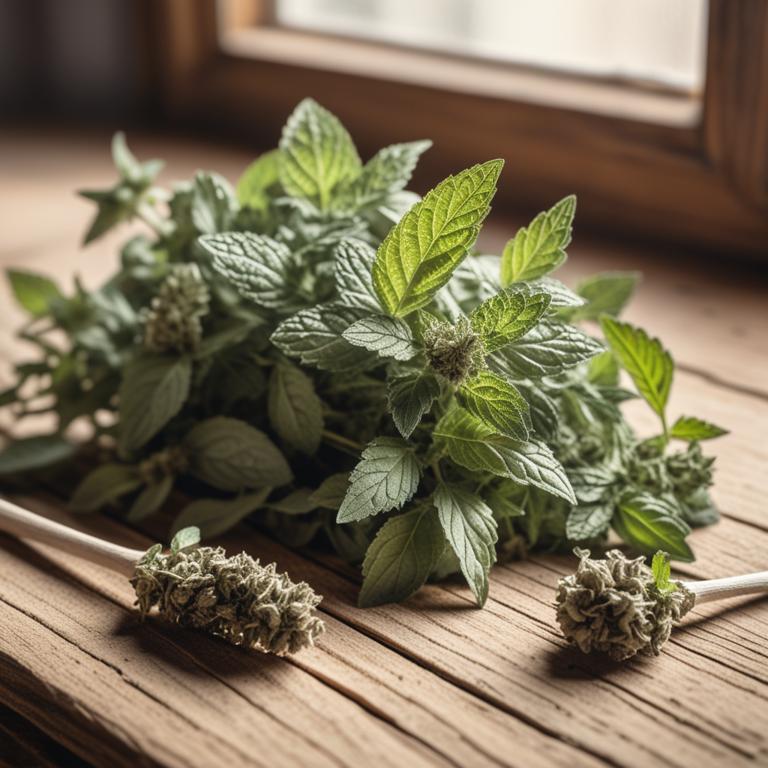
Throat Pain: Causes, Treatments, and Medicinal Herbal Preparations
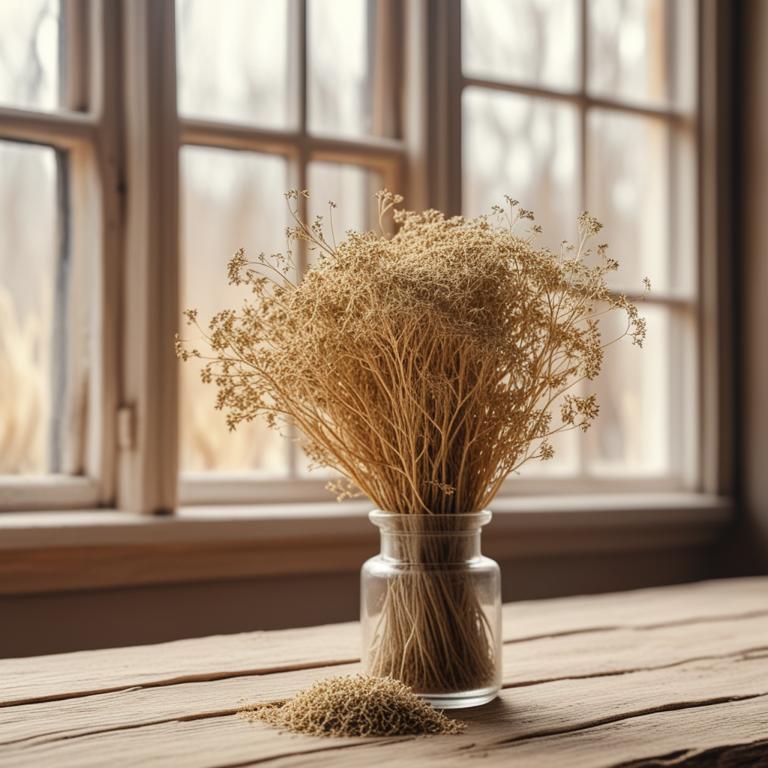
Understanding Gastroenteritis: Causes, Medicinal Herbs, and Herbal Preparations
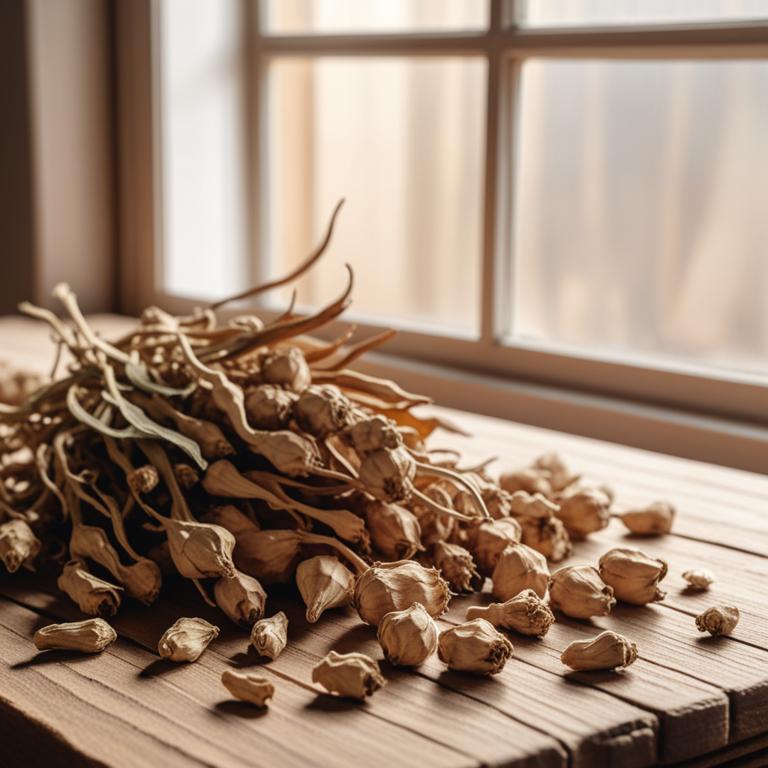
Peptic Ulcers: Causes, Medicinal Herbs, and Herbal Preparations for Pain Relief
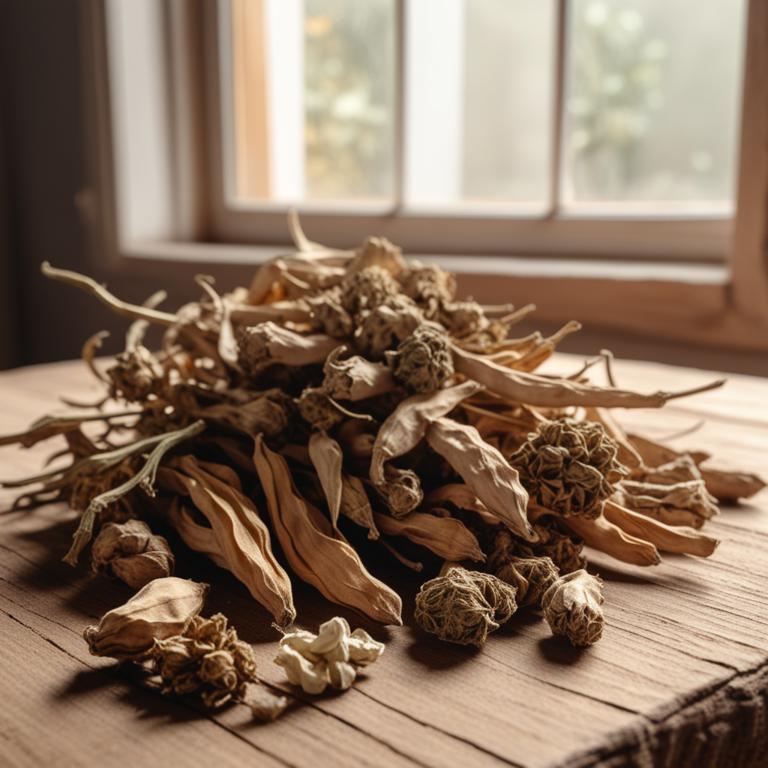
Gerd: Understanding the Causes and Benefits of Herbal Remedies

Cirrhosis Causes and Prevention with Medicinal Herbs and Herbs
